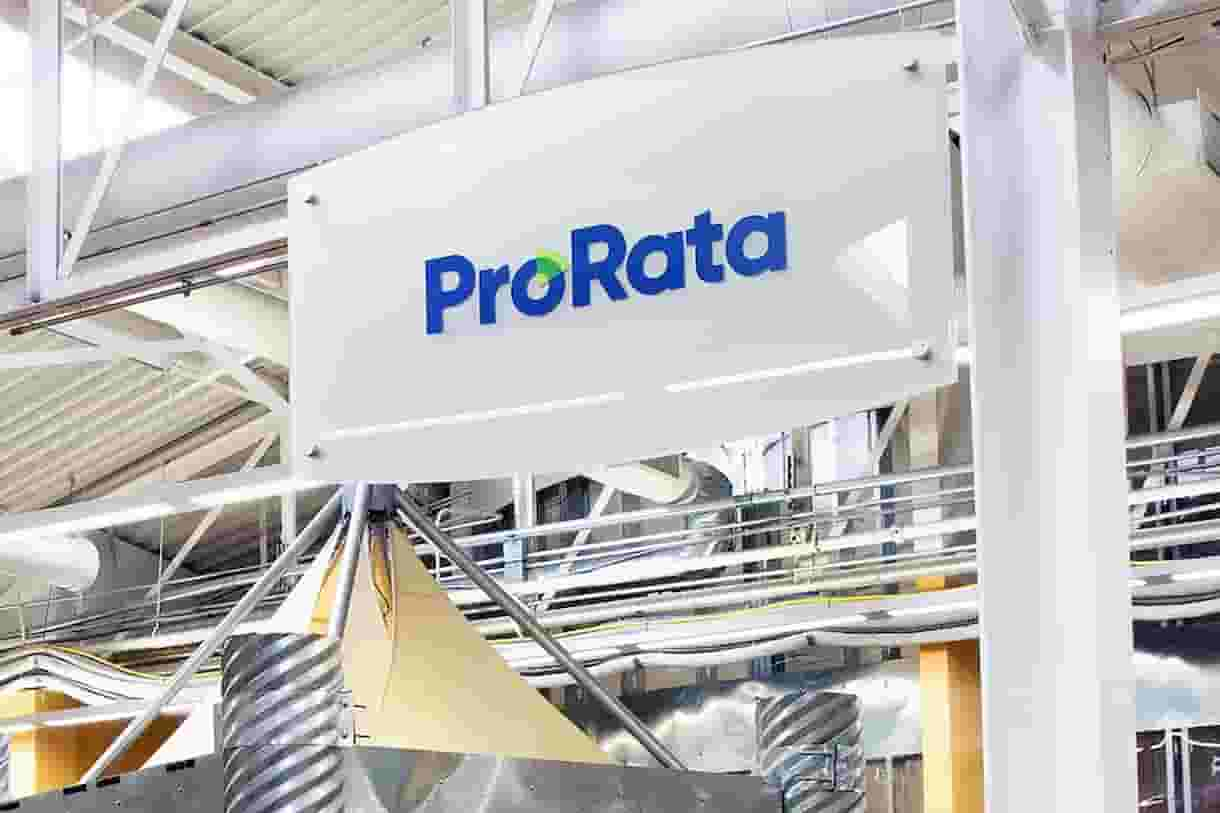The incorporation of AI into the media industry continues apace, with multiple players eager to join the scene. One of the names to watch in 2025 is ProRata, which recently unveiled a beta version of its search engine.
In addition, the company has bolstered its roster of high-profile publishers through significant licensing deals in the United Kingdom (in late November) with The Guardian, Sky News, and DMG Media —the publisher of the Daily Mail. In the not-too-distant future, it appears that DMG will also make a “significant investment” in ProRata, according to company statements.
To delve deeper into the company’s plans and future in the media sector, Wan-Ifra (wan-ifra.org) interviewed Annelies Jansen, Chief Commercial Officer at ProRata.ai. “We are well aware that a huge shift is taking place -an existential threat to the industry. Without a sustainable and predictable revenue flow, the publishing sector- and the content creation industry as a whole—will be under even greater threat,, Jansen said.
One of ProRata’s strong suits, at least according to the company, is its technology’s ability to assess the value of content used to generate AI-driven responses, then calculate appropriate compensation. This approach would allow copyright holders to monetize their work based on actual usage.
Moreover, this revenue model is not limited to media outlets; it also covers music, film, and publishing. According to Jansen, The Financial Times, The Atlantic, Axel Springer, Universal and authors like Walter Isaacson are already on board.
What sets ProRata apart? Jansen emphasizes fair compensation: “Our goal is to build a new economic model for content creators, based on the principle of attribution. When an AI response is generated, we can dissect it and credit the original sources. With ProRata, content creators receive fair compensation. The platform makes it possible to share revenue from pay-per-use, based on content attribution.”
To achieve this, ProRata aims to “ensure that attribution is accurate, at 99% with no falsifications. We’re starting with English, but by January we want to go global. There is already great interest from international publishers who want to translate their content into English and vice versa. AI can help open up the world, and countries such as Switzerland and Denmark are showing significant interest.”
Lastly, ProRata is also exploring various revenue models, including subscriptions and advertising. However, according to Jansen, subscription-based services will not be rolled out immediately: “Initially, we will not launch a subscription model, but we may introduce subscriptions for specific authors. There are several ways to segment content, and we are experimenting with these models.”
This approach involves a revenue-sharing arrangement that splits proceeds equally between ProRata and content creators—something the company considers vital: “We believe creators deserve to retain half of the revenue generated by their work, whether through pay-per-use or advertising. This is essential to ensure fair compensation for all content creators. We plan to market it via our partners and other digital channels.”

